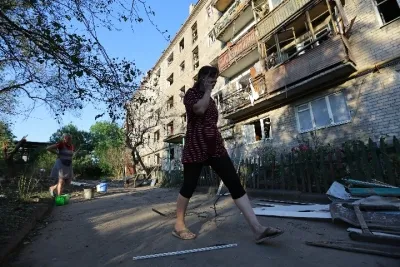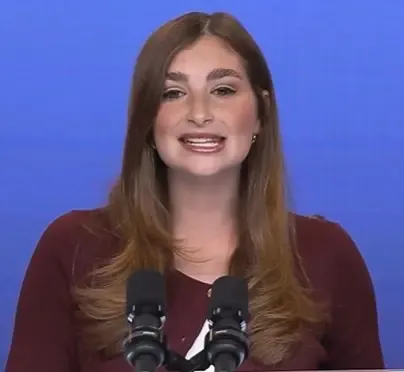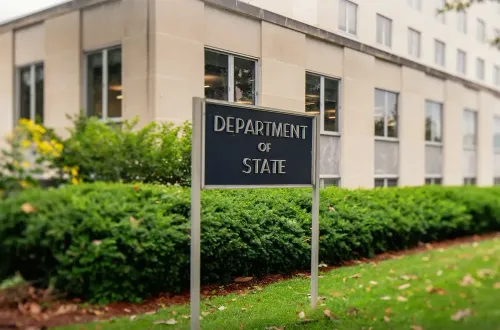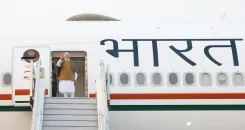Are UN Humanitarians Alarmed by the Escalating Violence in Congo?
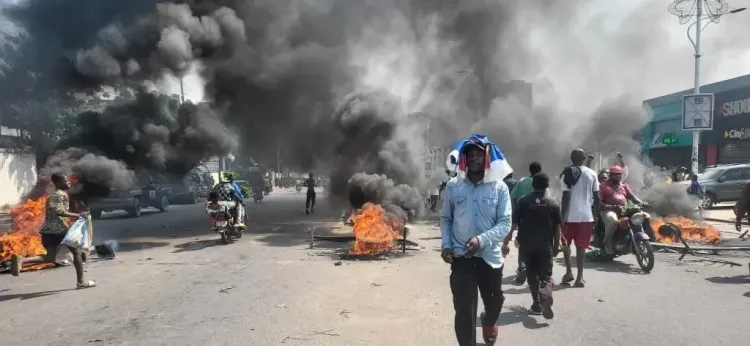
Synopsis
Key Takeaways
- Over 45 people killed in North Kivu due to violence.
- A brutal attack on a health center resulted in 17 fatalities.
- More than 30,000 individuals displaced from their homes.
- OCHA emphasizes the need for humanitarian access amid insecurity.
- The violence is linked to various militia groups in the region.
The United Nations, on November 21, expressed significant concern regarding the escalating violence in the eastern regions of the Democratic Republic of the Congo (DRC), particularly in North Kivu and Ituri provinces. The UN Office for the Coordination of Humanitarian Affairs (OCHA) reported troubling incidents where local humanitarian organizations and community leaders indicated that over 45 individuals have lost their lives in North Kivu since Friday, following a series of attacks on various villages in the Lubero territory.
In a particularly gruesome event, an attack on a health center resulted in the deaths of at least 17 people, including patients. According to OCHA, local civil society also reported that two health workers were abducted, medical supplies were stolen, and the facility was set ablaze.
The surge in violence in Lubero has compelled over 30,000 individuals to flee their homes within just a week, with families continuing to escape on Thursday out of fear of additional assaults.
OCHA’s partners are currently evaluating response requirements and providing assistance wherever feasible, although ongoing insecurity is obstructing humanitarian access.
In the neighboring Ituri province, two attempted armed assaults on the Lolwa hospital in the Mambasa territory were reportedly thwarted. Since the beginning of the year, more than 240 civilians have been killed, and over 114,500 individuals have been displaced.
OCHA vehemently condemned the attacks on civilians and healthcare facilities, as reported by Xinhua news agency.
“Once again, OCHA urges all involved parties to uphold international humanitarian law and guarantee the protection of civilians and civilian infrastructure,” the organization stated. “Assaults on civilians and healthcare facilities are intolerable and must cease immediately.”
The violence is attributed to numerous militia groups operating in eastern DRC, primarily in North Kivu and Ituri provinces, including the M23 Movement, the Cooperative for the Development of the Congo, and the Allied Democratic Forces.


